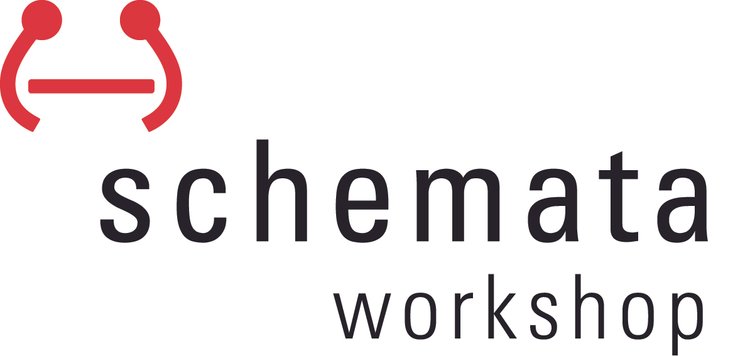Part of the agenda for Saturday afternoon at the 2012 Oregon Design Conference was set aside as a forum for audience-promoted ideas and interests. Joseph Readdy of Schemata Workshop organized a facilitated two hour discussion using Open Space Technology.
Initiatives raised by conference attendees were actively discussed in small groups and summarized with a short wrap-up discussion of the work completed that preceded the conference’s closing reception. The conference organizers identified four themes for consideration:Design Excellence – community adaptations; The New Now – individual and firm adaptations; The Academy – educational adaptations: and Beyond the Norm – breaking free of traditional adaptations But everyone was encouraged to bring their best ideas forward for discussion, regardless of how they might be categorized. And that’s exactly what happened as multiple individuals raised topics important to their practice and attracted others with similar interests into very lively discussions – discussions that we hope will continue long after the conference closed.
Open Space Technology Open Space allows groups –large or small– to self-organize and effectively deal with complex issues within a limited time. Open Space is a fast, cheap, and simple way to better, more productive meetings. It enables people to experience a very different quality of organization where self-managed work groups are the norm, leadership is constantly shared, diversity is a resource to be used instead of a problem to be overcome, and personal empowerment is a shared experience. Who, What, When... Whoever comes is the right person; Whatever happens is the only thing that could have happened—you let go of expectations and work with whatever unfolds in the moment; When it’s over, it’s over—if you find a solution in twenty minutes, move on to the next group. If it takes the full hour and a half, keep the conversation rolling; Be prepared to be surprised—don’t carry your own agenda to point of missing something more creative; and Move—if you are neither learning or contributing to a sessions you are required to get up and leave and join another session in progress where you will feel more useful and inspired.
Open Space runs on two fundamentals: passion and responsibility. Your passion engages the other people in the room. Individual responsibility ensures that things get done. A focusing theme or challenging question provides the framework for the discussion and the work. Consider this a call for topics and ideas that you believe need to be worked on. Bring them to the conference and be prepared to offer them to the conference community to see if you will be able to attract other to work with you.
Open Space originated because Harrison Owen designed and planned a conference, and when it took place he noticed that all the best work was done during the coffee breaks. All the networking, deal-making, visioning, and collaboration. All the new ideas and new products and new programs came from small circles of people chatting over similar passions and interests.
Just as it happens in life.
So for the next conference he designed a process that would be all coffee-break energy, all the time.
http://www.openspaceworld.org/ http://www.openingspace.net/openSpaceTechnology_method.shtml
